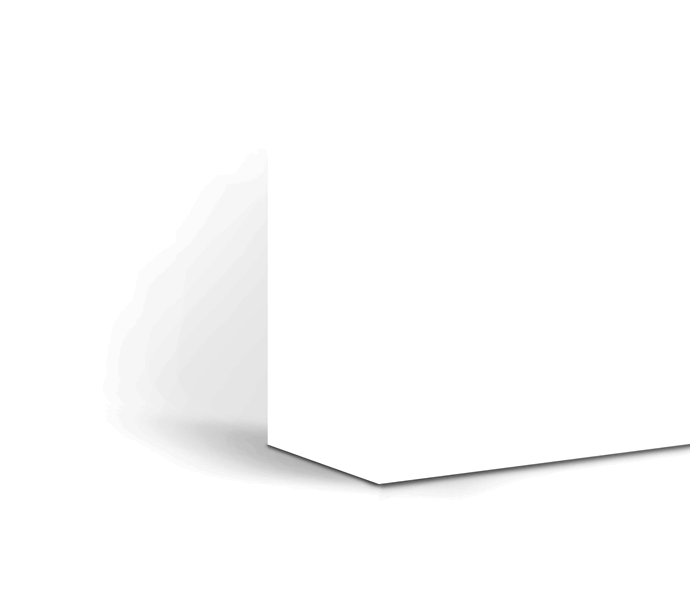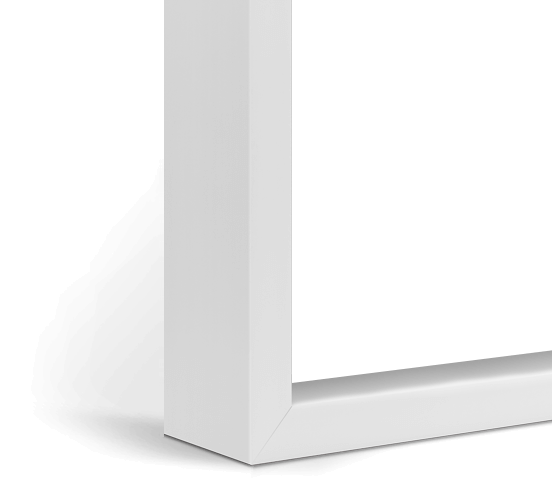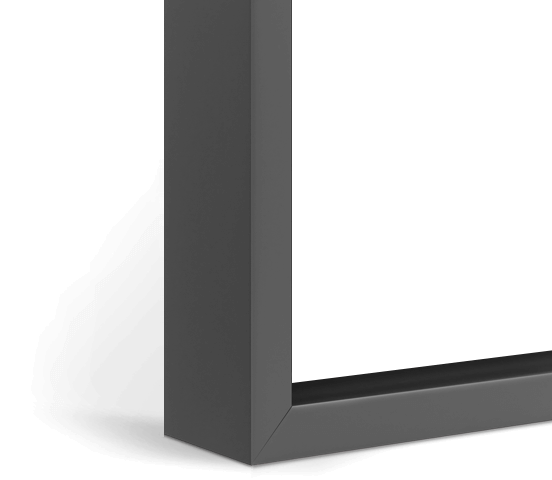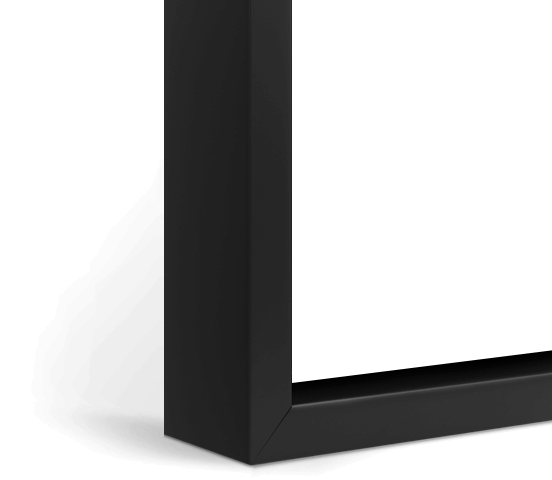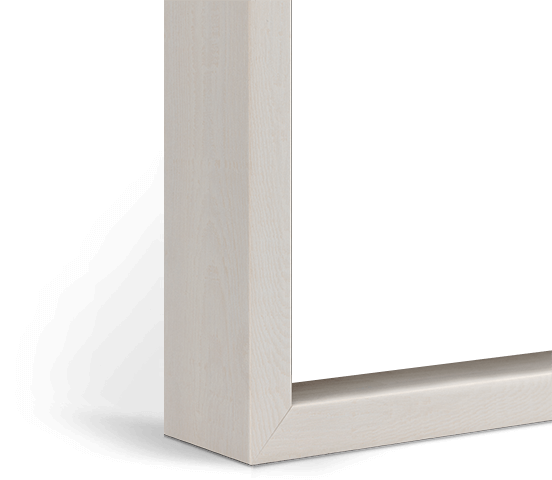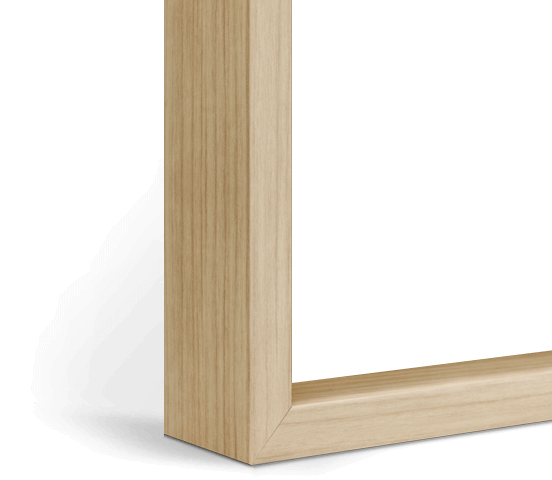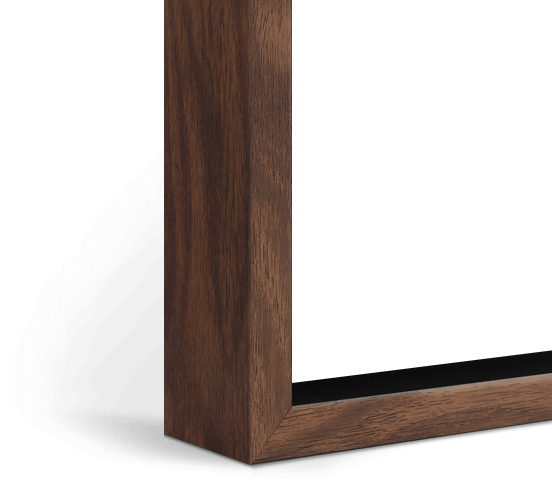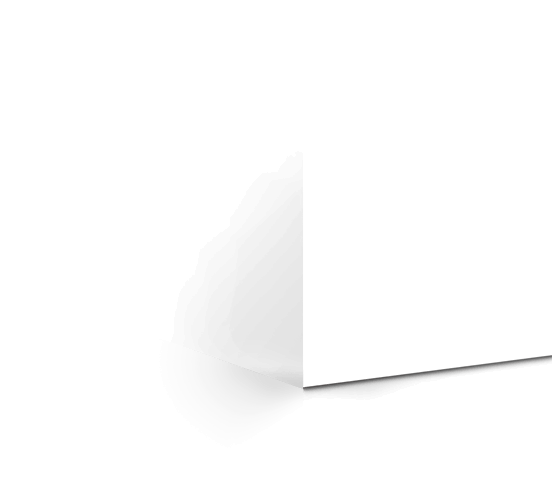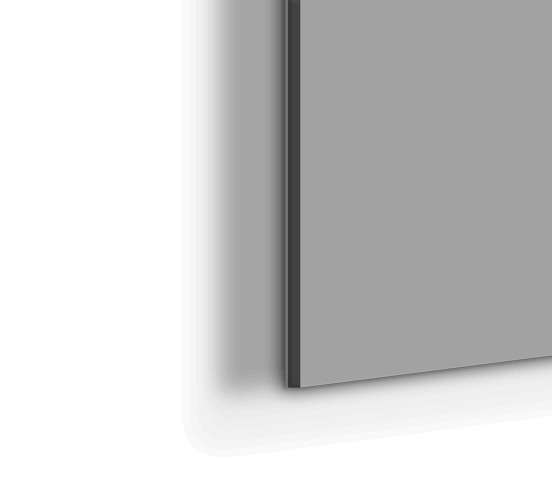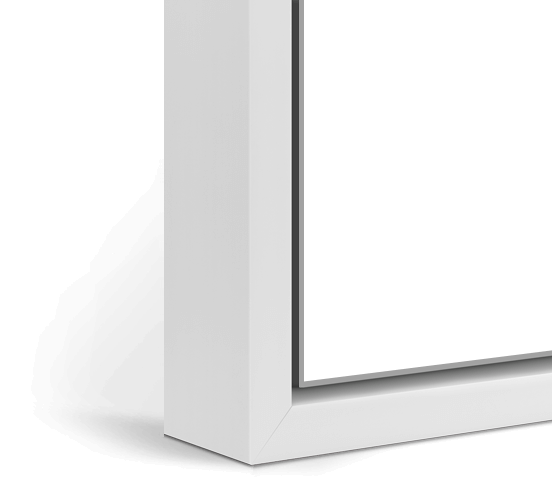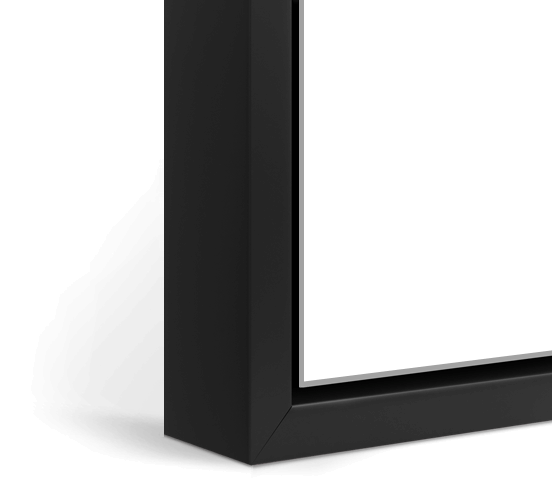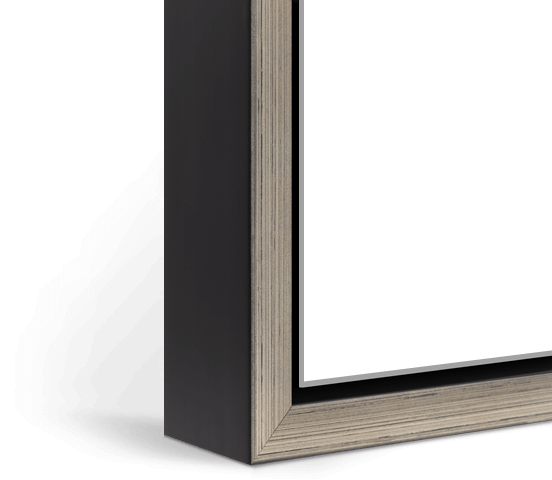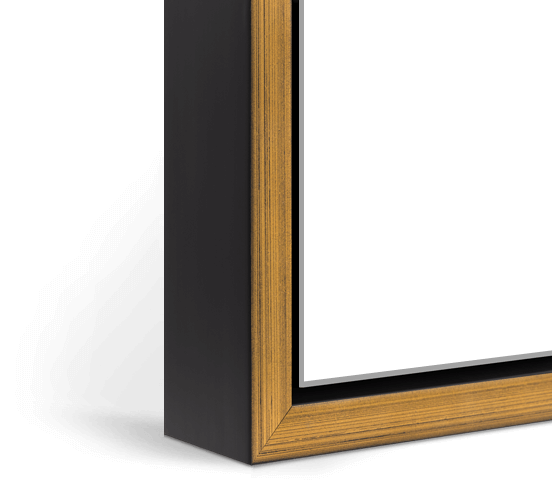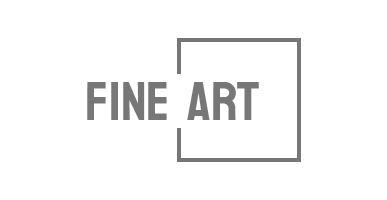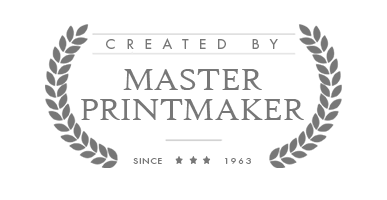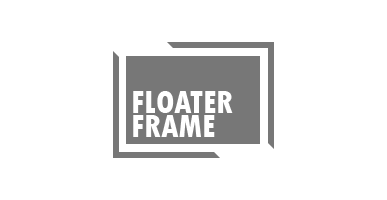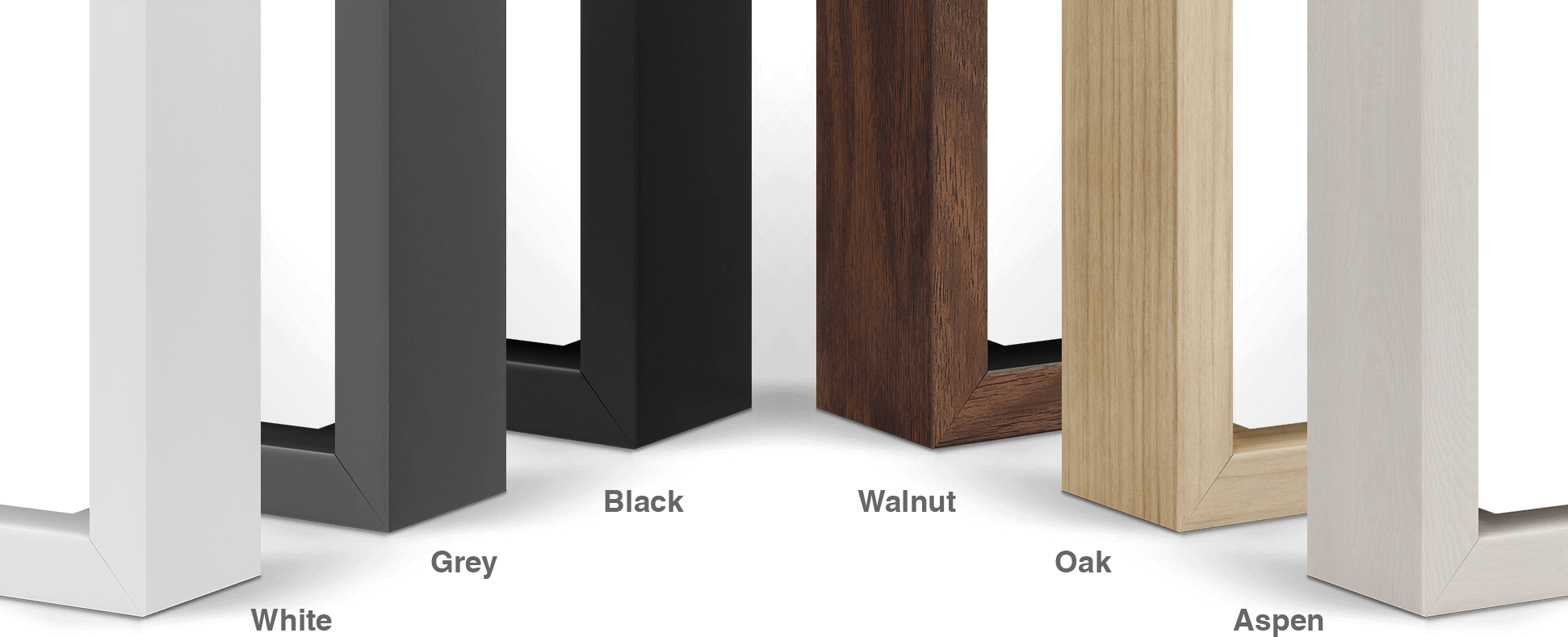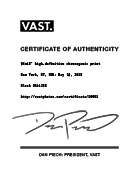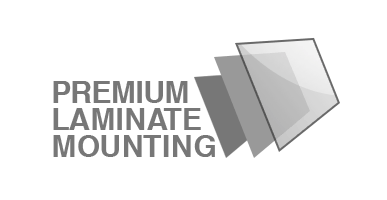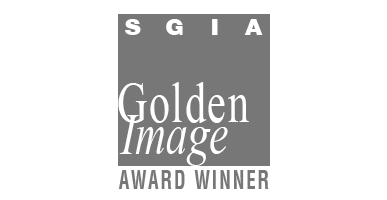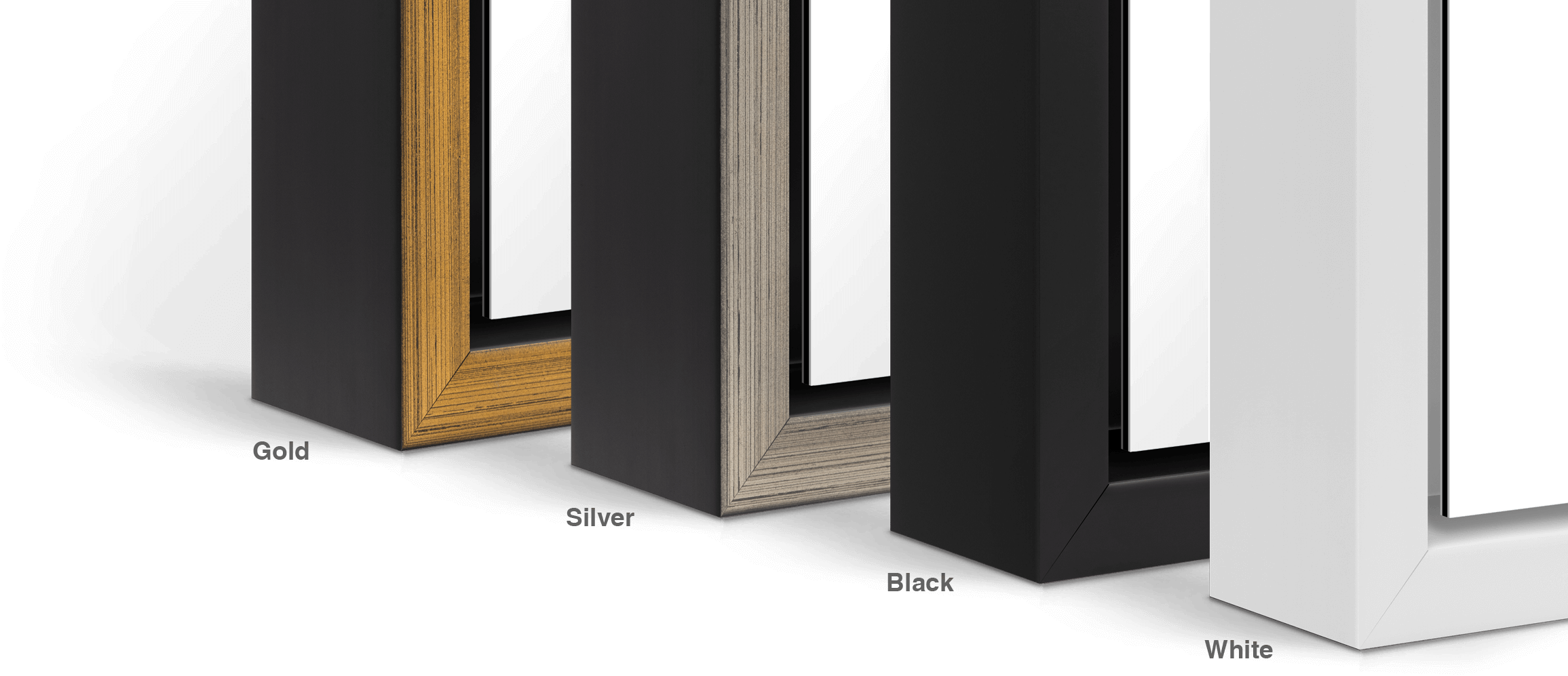
This photo is 1,460% higher resolution than a typical photo.
Scroll to learn more.
This
328 MEGAPIXEL
VAST photo is
PERFECTLY SHARP
even at very large print sizes.
FREE SHIPPING FOR LIMITED TIME

This photo is 1,460% higher resolution than a typical photo.
Scroll to learn more.
This photo is
1,460% higher resolution
than a typical photo.
Scroll to learn more.
328 MEGAPIXEL VAST PHOTO
Waterton National Park, Alberta, Canada
Scott Dimond’s ICMMFF series is the result of an ambitious idea and a photographic journey to see if it was even possible. Intentional Camera Movement (ICM) is a photographic technique of using a long shutter speed (exposure time) and purposely moving the camera during the exposure. The result can be dreamy surreal images with artistic surprises. Scott is using that technique to create the images in this series but there is one element that separates Scott’s images from “normal” ICM photos. Scott’s images are ultra-high-resolution panoramic photos (think prints as wide as 14.5 feet) and as such, these photos are very unique.
With the advent of digital cameras, the ability to create ICM photographs was simplified by being able to take a photo and review it immediately in camera. The camera movement necessary to create the desired ICM effect can be achieved by experimenting and taking 10, 20, or more photos until what was seen on the camera back is satisfactory. But how could an ultra-high-resolution panoramic ICM image be created? In the digital world, panoramic images and other ultra-high-resolution photos are created by combining 10, 100, or even 1000s of photos using stitching software. As the camera is moved to fixed positions across the scene, each digital photo that is taken requires overlapping content. The camera and the subject in each photo must remain perfectly still so that the stitching software can identify which photos are to be combined by finding the identical content within the overlapping photos. This is the approach taken to produce most of the ultra-high-resolution photos available from VAST.
So, if the photographer is moving the camera to create an ICM image and creating stitched panoramic images requires many photos with a perfectly still camera and subject (so that stitching software can identify the adjacent photos), how could a high-resolution ICM panoramic image be created? It would have to be done in a single exposure. But there are no 350-megapixel panoramic digital sensor cameras.
Scott’s solution to this problem was film. Yes, light-sensitive photographic film. And to achieve a high resolution, the negative (that will eventually be scanned) would have to be huge. And that is exactly how Scott created these images. For this project, Scott purchased a dedicated panoramic film camera with a negative size of 6 x 17 cm (2.32 x 6.69 inches). And although using such a camera might sound simple enough, remember that there is no LCD on the back of a film camera to instantly review what was just captured on film and how the intentional camera movement worked out. The film camera Scott is using has no built-in light meter and no auto-focus. Scott must calculate the required exposure using an external light meter and focus is done with Scott estimating the distance to the subject and setting that on the lens. In other words, until the films are developed days or weeks later and then scanned, it is completely unknown if the exposure & focus were correct, and most importantly, if the ICM movement Scott used worked as he had envisioned. It is truly an exercise in patience and one prone to disappointments. Combined with the high cost of film/developing/scanning and with just four photos per roll of film, such a project has obvious financial limitations. These are truly unique images that Scott has created: captured “old-school” on analog film with high-risk camera movements. Scott is never sure what he has achieved until the film comes out of the developing tank. But his “keepers” are enough to keep him going out with his special panoramic film camera to capture more. Scott called his project ICMMFF for Intentional Camera Movement on Medium-Format Film.
| Date & Time | July 1, 2022: 8:00pm |
| Location | Waterton National Park, Alberta, Canada |
| Coordinates | 49.102182, -113.919773 |
| Focal Length | 105mm |
| Aperture | f/22 |
| Shutter | 1 sec |
| ISO | 100 |
| Num of Exposures | 1 |
Its resolution is 1,460% greater than a typical photo. Click on the boxes below to zoom in.
This photo is also available in these alternate versions:
Our ready-to-hang canvas prints are created using a specialty printer that carefully lays pigment inks down onto archival-quality fine art canvas material. The canvas is then stretched around a 1.5-inch-deep wood support structure to provide depth and elegance. Our canvas material has a delightfully matte finish that looks spectacular in any lighting conditions while retaining maximum vibrancy and contrast. Click here to learn more.
Produced using a specialty, large-format fine art printer operating at 300ppi resolution—the gold standard for sharpness
Printed onto heavyweight, 100% acid-free fine art canvas to preserve color-accuracy and longevity
Created using materials and methods that exceed the rigorous technical standards required to achieve the prized "giclée" industry rating
Designed to meet the most demanding standards for color-permanence set by leading museums
Handmade by award-winning master printmakers with over 4 decades of experience
Optionally accompanied by your choice of elegant floater frame available in a variety of trims
A VAST Print™ represents the pinnacle of the photographic medium. Each print is a true photograph created specifically for you using light-sensitive paper exposed in a darkroom with the industry's highest precision exposure technique. Your print is then sealed with a shine-enhancing protective glossy coating*, adhered to a sturdy aluminum composite backing, and finished in one of two ready-to-hang formats:
*Note: a non-glossy, satin matte coating is alternatively available on request.
Laser-exposed at a truly unprecedented 610ppi resolution
Created using fine art paper with a specialty emulsion enabling unsurpassed micro-contrast, ultra-bright whites, and deep blacks
Printed with a chromogenic process that produces "continuous tones" of silky smooth color (other printers use noticeable dots of ink)
Sealed between an extra-thick, shine-enhancing protective coating and a sturdy aluminum composite backing for a sleek look
Award-winning product quality recognized industry-wide
Designed to meet the most demanding standards for color-permanence set by leading museums
Handmade by certified master printmakers with over 4 decades of experience
Hand-signed by the artist and accompanied by our digitally-enhanced, holographic certificate of authenticity
Optionally accompanied by your choice of elegant floater frame available in a variety of trims
Due to their record-setting resolutions, VAST photos are the most versatile images ever created, with the quality necessary to look great at any size and in any project. Purchasing one of our standard royalty-free licenses provides you with the digital file at your choice of resolution and a permit to use it for most types of projects. Click here to learn more.
For a premium license that gives exclusivity, glass-related use in North America, or use in merchandise for sale, contact us.
| Width | 31,659 px |
| Height | 10,370 px |
| Aspect Ratio | 3.05 : 1 |
| Date & Time | July 1, 2022: 8:00pm |
| Location | Waterton National Park, Alberta, Canada |
| Coordinates | 49.102182, -113.919773 |
| Focal Length | 105mm |
| Aperture | f/22 |
| Shutter | 1 sec |
| ISO | 100 |
| Num of Exposures | 1 |
Here are some rough guidelines for this specific photo:
